

HEALTH
First Lady launches GIFTS in Sunyani

Date Created : 10/12/2017 7:59:32 AM : Story Author : Alan T. Boakye-Yeboah/Ghanadistricts.com
In her address to launch the GIFTS programme, the First Lady said the initiative involves providing iron and folic acid supplements to girls to reduce the prevailing high anaemia rates and setting on the path of great health and development.
The supplements, First Lady said would help them improve iron stores, stay alert in class and to have energy when performing physical activities at school, home and also at work, especially for those who perform arduous task.
Her Excellency Mrs. Rebecca Akuffo-Addo noted that, the first phase of the programme was reaching about 360,000 in-school adolescent girls and close to 600,000 out-of school girls in four regions. “It is my expectation that this laudable intervention is the beginning of a more comprehensive programme working in collaboration with health partners and all stakeholders to improve the quality of nutrition for women, girls and children”, she said.
She also resolved to support the programme as part of her on-going work under reducing malaria and mal-nutrition and also seeks to bring stakeholders and actors together to provide proving interventions and practices that have immediate effects on children, adolescents and mothers and at the same time could be scaled up across the country.
The Director General of the Ghana Health Service (GHS) Dr. Nsiah Asare speech at the launch said Ghana is currently battling with what he describes as ‘the triple burden of malnutrition,’ high prevalence of under-nutrition, macro-nutrients deficiencies of various forms and an alarming increase in the trends of overweight and obesity particularly in the urban areas.
He noted that, about two out of every ten children were stunted whiles one out of every 20 (5%) were wasted.
The Director General also noted that, macronutrients, malnutrition and anaemia in particular remains a major concern to the health sector. “Anaemia in pregnancy remains a key challenge in efforts to reduce maternal mortality”, he added.
He said data from the 2014 Ghana demographic health survey shows that, the prevalence of anaemia among women of child bearing age (15-49) was 42%. He added that, the rate were highest among the adolescent age group (15-19) at 48% and 45% among pregnant women. “Anaemia affects seven out of ten children below 5 years and four out of ten women of childbearing age.”
Touching on the causes of anaemia, Dr. Asare said, it includes poor infant and young child feeding practices, consumption of meals with low or poor content of animal source food, iron absorption enhancer such as vitamin C rich food and high content of substances that impairs iron absorption.
To address these challenges of anaemia and curtail the far reaching irreversible adverse effect on physical and cognitive outcome of the population, the Director General said the Ministry of Health (MoH), the Ghana Health Service (GHS) and partners in development in collaboration with the Ministry of Education (MoE) and the Ghana Education Service (GES) have initiated GIFTS girls’ programme to break this cycle of anaemia at a very critical time of their lives.
The overall aim of the GIFTS programme, the Director General said, was to contribute to the reduction in anaemia among in-school and out-of school adolescent girls through weekly iron-folic acid supplementation. The programme has been designed to provide weekly supplement to adolescent girls both in-school and out-of school aged 10-19 years using a combine iron/folic acid tablets in four regions of Brong Ahafo, Northern, Upper East and Volta in the first phase of implementation.
The iron supplementation of girls and women was one of the several programmes that seek to improve the health and nutrition of girls, women and children. Mrs. Akosua Kwakye a representative of World Health Organisation (WHO) at the occasion said anaemia affects half a million women of reproductive age worldwide and impairs their health and wellbeing as well as children globally. She said anaemia contributes to 20% of all maternal deaths.
She noted that, in an attempt to reduce the global prevalence of anaemia, a number of countries including Ghana have signed World Health Assembly targets to reduce anaemia by 50% in 2025. She said WHO would continue to provide technical assistance and support to Ghana’s efforts in improving nutrition status of the population.
A representative of UNICEF at the occasion Ms. Margaret Gwada said anaemia delays children development, reduces school performance and work activities.
Ms. Margaret cautioned that, Ghana may not be able to achieve the target of reducing anaemia from 42% to 21% by 2025, unless she there is improved awareness of the impact of anaemia on children, women and girls of reproductive age, as well as make strategic shifts in policies and public investments to address the problem.
The Brong Ahafo Regional Minister, Mr. Kwaku Asoma-Cheremeh in his welcome address said the implementation of the GIFTS programme is part of efforts to decrease maternal mortalities and anaemia related diseases.
Chairperson for the occasion, president of the National Queen Mothers Association, Nana Abena Boatemaa commended the First Lady, partners and all stakeholders for the initiative.

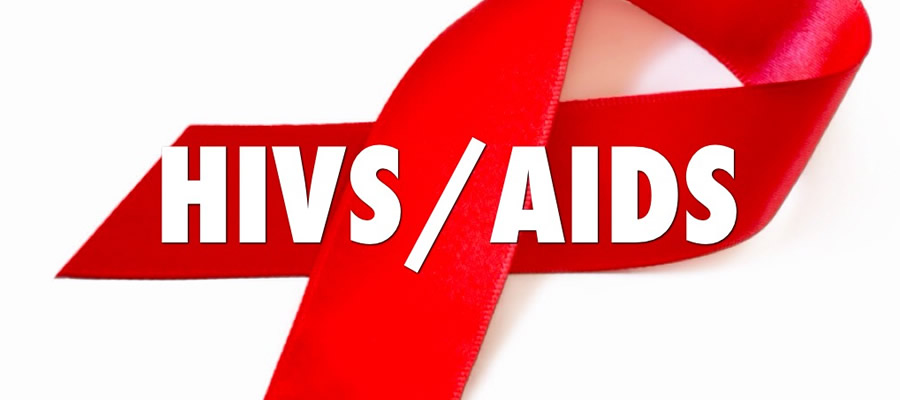

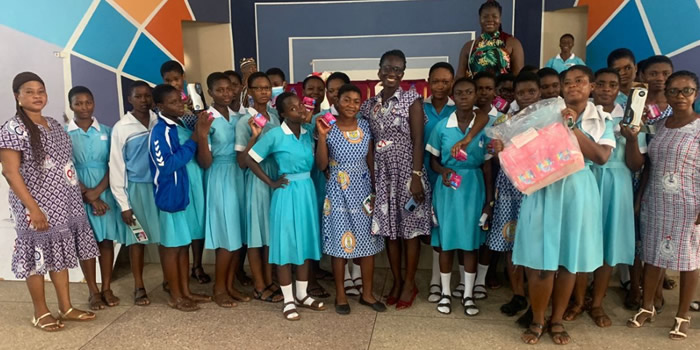
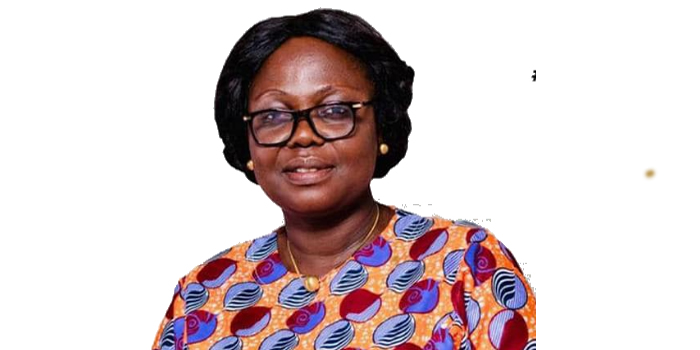



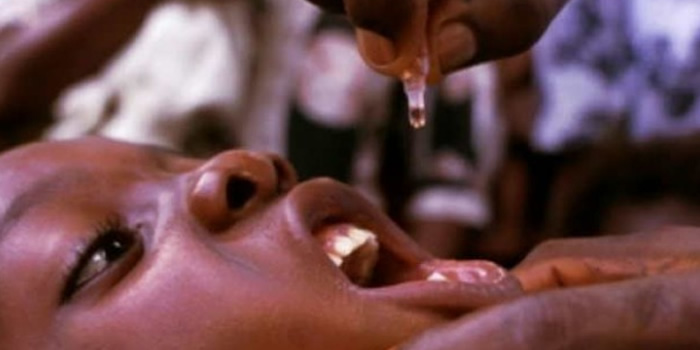
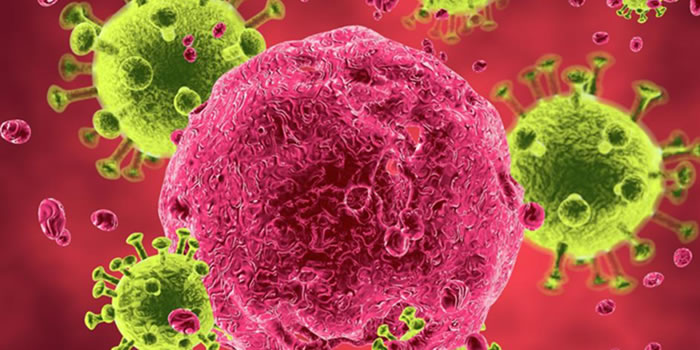
 facebook
facebook
 X
X
 Youtube
Youtube
 instagram
instagram
 +233 593 831 280
+233 593 831 280 0800 430 430
0800 430 430 GPS: GE-231-4383
GPS: GE-231-4383 info@ghanadistricts.com
info@ghanadistricts.com Box GP1044, Accra, Ghana
Box GP1044, Accra, Ghana